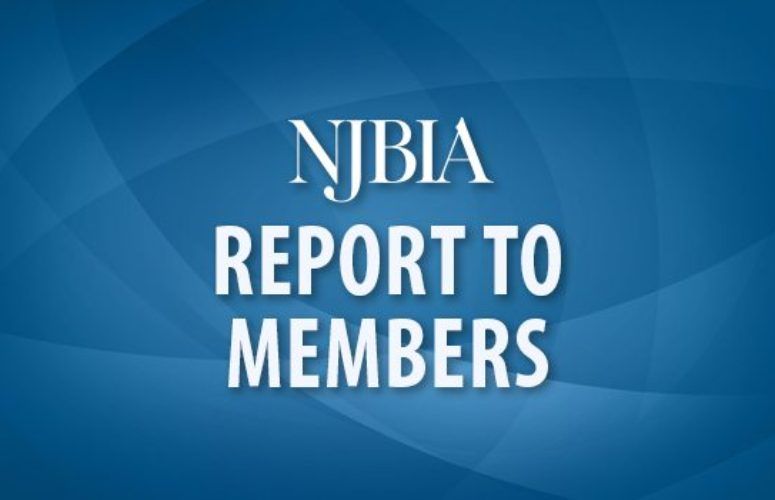
Bricked-Up Windows and Other Economic Lessons
Report to Members
By Michele N. Siekerka, NJBIA President and CEO On Feb 27, 2024Alan Greenspan once observed the more you tax something, the less of it you get.
Whether we are talking about the 18th century British window tax that prompted people to brick-up some of their windows to reduce tax bills, or onerous 21st century New Jersey business taxes that spur companies to seek more affordable places to operate, the result is the same. High taxes disincentivize progress and economic growth.
NJBIA and the businesses we represent have been fighting to raise policymakers’ awareness of this nexus and the ongoing affordability challenges New Jersey companies face. Fortunately, there has been some recent progress to report on this front.
The Legislature and Gov. Phil Murphy allowed the temporary corporation business tax surcharge to sunset as scheduled on Jan. 1, despite pushback from progressive groups. Ending the 2.5% surcharge, which reduced the CBT from 11.5% to 9%, means New Jersey went from having the highest rate in the nation in 2023 to the fourth highest in 2024.
While this is progress, we cannot stop there if we want New Jersey businesses to be competitive – especially when our neighbor Pennsylvania enacted a business income tax rate cut Jan. 1 and is on a path to a 4.99% rate by 2031. It is time for New Jersey to look at how a further reduction in the 9% CBT rate could spur more economic growth and job creation, as other states have seen.
The Murphy administration also deserves credit for working with NJBIA and lawmakers last year to reform corporate tax policies to be more competitive. Changing how global intangible low-taxed income and net operating losses are treated under New Jersey law was another huge step in the right direction.
However, there were some setbacks too. The state never gave businesses any federal COVID funds to offset a $1 billion-plus unemployment tax hike imposed to replenish the state’s jobless fund after the longest COVID shutdown in the nation. Businesses were also shut out of property tax rebates provided under the ANCHOR and Stay NJ programs, even though they collectively pay nearly half of all local property taxes.
That’s why this year NJBIA is working hard to deliver more tax relief for New Jersey small businesses and reduce regulatory burdens. We will also continue our efforts to stop harmful legislation, as we did with a bill during the lame duck session that would have lowered the employee threshold under the Family Leave Act from 30 to five. Our smaller businesses need help, not roadblocks, in the months ahead.
To access more business news, visit NJB News Now.
Related Articles:





